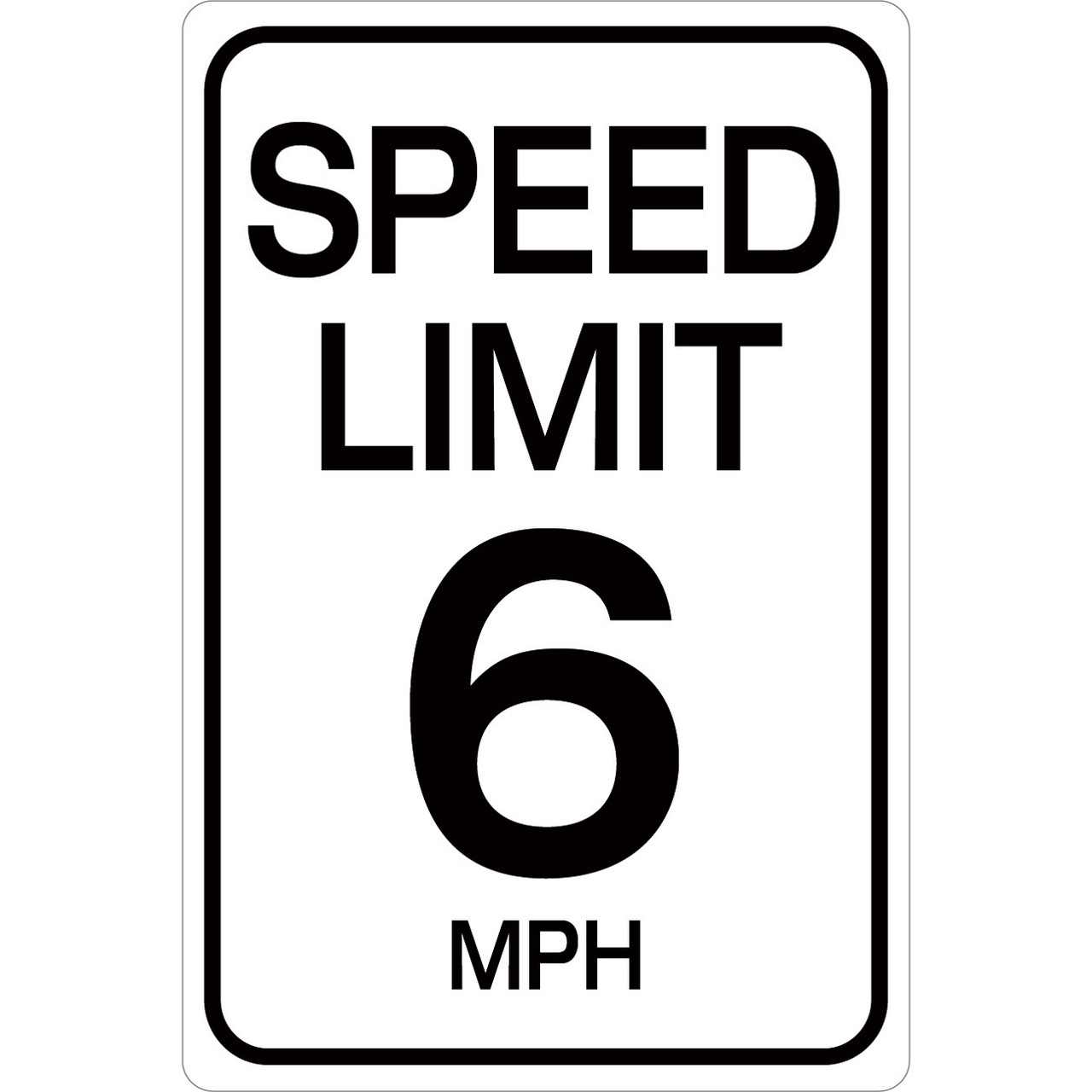500kmh To Mph: The Ultimate Conversion Guide You’ve Been Searching For
Converting speeds from kilometers per hour (km/h) to miles per hour (mph) might sound like a math problem from high school, but trust me, it’s more relevant than you think. Whether you’re planning a road trip across Europe, analyzing Formula 1 race stats, or simply trying to understand international speed limits, knowing how to convert 500 km/h to mph is a game-changer. This isn’t just about numbers—it’s about understanding the world around you. So, buckle up, and let’s dive into this fascinating topic!
When it comes to speed conversions, people often get intimidated by the math involved. But don’t worry, I’ve got your back. This guide isn’t just about formulas and equations; it’s about breaking down the complexities and making it super easy for anyone to grasp. Whether you’re a student, a traveler, or just someone curious about the world, this article will be your go-to resource for all things related to speed conversion.
Now, let’s get one thing straight: 500 km/h is not your average speed. We’re talking about speeds that can only be achieved by high-performance vehicles, jet planes, or even rockets. Understanding how this converts to mph opens up a whole new perspective on just how fast these machines really are. So, let’s not waste any time and jump right into the details.
- Nudity In Wrestling A Comprehensive Look At Its History Impact And Cultural Significance
- Megyn Kelly Nude Separating Fact From Fiction And Understanding The Controversy
Why Converting 500kmh to mph Matters
Before we dive into the nitty-gritty of the conversion process, let’s talk about why this matters. In today’s globalized world, understanding different units of measurement is crucial. Imagine you’re driving in Germany, where the speed limit on highways is often given in km/h, but your car’s dashboard is set to mph. How would you know if you’re breaking the law? Or consider watching a Formula 1 race where top speeds are often reported in km/h, but you’re more familiar with mph. It’s situations like these where knowing how to convert 500 km/h to mph becomes invaluable.
Understanding the Basics: What is km/h and mph?
Let’s start with the basics. Kilometers per hour (km/h) and miles per hour (mph) are both units of speed, but they come from different systems of measurement. km/h is part of the metric system, widely used in most countries around the world, while mph is part of the imperial system, primarily used in the United States and a few other countries. Understanding the difference between these two units is the first step toward mastering the conversion process.
Breaking Down the Numbers
So, what exactly does 500 km/h mean? To put it into perspective, it’s roughly equivalent to traveling the length of a football field in just one second. Impressive, right? But when we convert this to mph, the number becomes even more mind-blowing. The conversion factor between km/h and mph is approximately 1.60934, meaning that 1 km/h is equal to about 0.621371 mph. Using this formula, we can easily calculate that 500 km/h is approximately 310.686 mph.
- Sheri Moon Zombie The Undead Queen Of Horror Who Stole Our Hearts
- Yandere R34 The Ultimate Obsession Unveiled
How to Convert 500kmh to mph: Step-by-Step Guide
Now that you understand the basics, let’s walk through the actual conversion process. It’s simpler than you might think. All you need is a calculator or even just a pen and paper. Here’s how it works:
- Start with the speed in km/h (in this case, 500).
- Multiply it by the conversion factor (0.621371).
- The result is the speed in mph.
Let’s do the math: 500 × 0.621371 = 310.686 mph. See? Not so hard, right?
Real-World Applications of 500kmh to mph Conversion
Knowing how to convert 500 km/h to mph isn’t just theoretical knowledge. It has real-world applications that can make a huge difference in your daily life. Here are a few examples:
- Traveling Abroad: If you’re planning a trip to Europe or any other country that uses km/h, understanding how to convert speeds will help you stay safe and avoid traffic violations.
- Watching Sports: Whether it’s Formula 1, NASCAR, or even skiing competitions, knowing how to convert speeds will give you a deeper appreciation for the athletes’ performances.
- Buying a Car: If you’re considering purchasing a car from a foreign market, understanding the speed ratings in both km/h and mph will help you make an informed decision.
Fun Fact: The Fastest Car in the World
Did you know that the fastest production car in the world, the Bugatti Chiron Super Sport 300+, can reach speeds of over 300 mph? That’s approximately 482.8 km/h. Imagine converting that number in your head while standing in awe at the car’s performance. It’s moments like these where understanding speed conversions truly shines.
Common Mistakes to Avoid When Converting Speeds
While the process of converting speeds might seem straightforward, there are a few common mistakes people often make. Here are a few things to keep in mind:
- Forgetting the Conversion Factor: Always remember that 1 km/h is approximately 0.621371 mph. Using an incorrect conversion factor can lead to inaccurate results.
- Rounding Errors: When dealing with large numbers like 500 km/h, rounding too early can result in significant differences. It’s always best to round at the end of your calculations.
- Unit Confusion: Make sure you’re converting the right units. Mixing up km/h and mph can lead to embarrassing mistakes.
By avoiding these common pitfalls, you’ll ensure that your conversions are accurate and reliable every time.
Advanced Conversion Techniques
For those who want to take their speed conversion skills to the next level, there are a few advanced techniques you can use. One of the most useful tools is an online conversion calculator. These tools can handle complex conversions with ease and often provide additional information, such as the time it would take to travel a certain distance at a given speed. However, if you prefer to do the math manually, there are some shortcuts you can use to simplify the process.
Shortcut for Quick Conversions
If you need a quick estimate and don’t have a calculator handy, you can use the following shortcut:
- Divide the speed in km/h by 1.6 to get an approximate speed in mph.
For example, 500 ÷ 1.6 ≈ 312.5 mph. While not as precise as the full calculation, this method gives you a close enough estimate for most practical purposes.
Understanding the Importance of Speed Conversions
Speed conversions aren’t just about numbers; they’re about understanding the world around us. From international travel to sports to everyday driving, being able to convert between different units of speed opens up a whole new level of comprehension. It’s like learning a new language—one that helps you navigate the complexities of modern life.
Why Accuracy Matters
In fields like aviation, automotive engineering, and even weather forecasting, accuracy in speed conversions is critical. A small error can lead to significant consequences, whether it’s miscalculating fuel consumption or misjudging the time it takes to reach a destination. By mastering the art of speed conversion, you’re not just improving your math skills—you’re gaining a valuable life skill.
Tools and Resources for Speed Conversion
While manual calculations are great for understanding the process, there are plenty of tools and resources available to make your life easier. Here are a few options:
- Online Conversion Calculators: Websites like Google and specialized conversion tools offer quick and accurate conversions for any speed you need.
- Mobile Apps: There are numerous apps available for both iOS and Android that can handle speed conversions with ease.
- Spreadsheets: If you’re working with large datasets, setting up a spreadsheet with conversion formulas can save you a lot of time.
Using these tools can help you save time and ensure accuracy, especially when dealing with complex calculations.
Conclusion: Mastering the Art of Speed Conversion
In conclusion, converting 500 km/h to mph isn’t just about numbers—it’s about understanding the world around you. From international travel to sports to everyday driving, being able to convert between different units of speed is a valuable skill that can make a big difference in your life. By following the steps outlined in this guide and avoiding common mistakes, you’ll be well on your way to mastering the art of speed conversion.
So, what are you waiting for? Grab your calculator, fire up your favorite conversion tool, and start exploring the world of speed conversions today. And don’t forget to share this article with your friends and family. Who knows? You might just inspire someone else to take their math skills to the next level.
Table of Contents
- Why Converting 500kmh to mph Matters
- Understanding the Basics: What is km/h and mph?
- How to Convert 500kmh to mph: Step-by-Step Guide
- Real-World Applications of 500kmh to mph Conversion
- Common Mistakes to Avoid When Converting Speeds
- Advanced Conversion Techniques
- Understanding the Importance of Speed Conversions
- Tools and Resources for Speed Conversion
- Conclusion: Mastering the Art of Speed Conversion



Detail Author:
- Name : Abby Konopelski
- Username : myrtie.bergstrom
- Email : maggio.julianne@pfeffer.com
- Birthdate : 1974-05-31
- Address : 8219 Cornelius Valley West Miraclebury, AL 35280-9357
- Phone : 1-680-915-5845
- Company : VonRueden-Heller
- Job : Textile Dyeing Machine Operator
- Bio : Est non voluptates voluptatem perferendis. Accusamus velit dolor harum qui. Similique et ducimus mollitia. Doloribus voluptate et placeat ut omnis sunt ut. Ad officiis perferendis corrupti ipsam non.
Socials
facebook:
- url : https://facebook.com/runolfssona
- username : runolfssona
- bio : Libero et amet sapiente ea. Sit accusamus animi quae aut quidem et.
- followers : 4642
- following : 324
twitter:
- url : https://twitter.com/runolfssona
- username : runolfssona
- bio : Dolor eveniet nihil eos accusantium eius. Veritatis architecto quaerat ipsam sapiente. Vel minima consequuntur ut iste.
- followers : 1604
- following : 2877
linkedin:
- url : https://linkedin.com/in/arunolfsson
- username : arunolfsson
- bio : Facilis quaerat facilis molestiae.
- followers : 4460
- following : 1677
instagram:
- url : https://instagram.com/annierunolfsson
- username : annierunolfsson
- bio : Vel dolores maxime nihil dolorem dolorem consequatur. Ad ullam et nam enim rem.
- followers : 4880
- following : 2843
tiktok:
- url : https://tiktok.com/@runolfsson1997
- username : runolfsson1997
- bio : Adipisci quasi voluptatibus tempora dolores.
- followers : 6612
- following : 2008